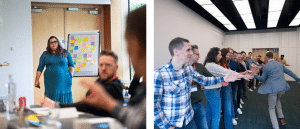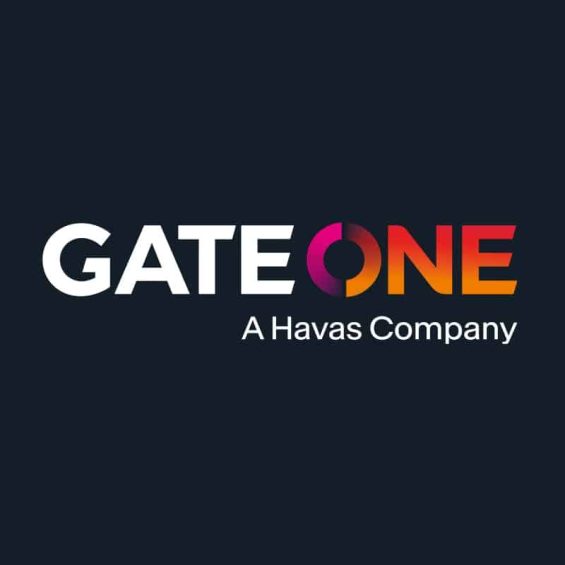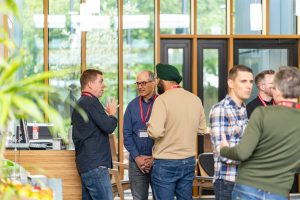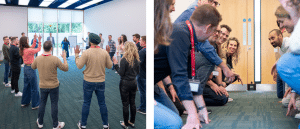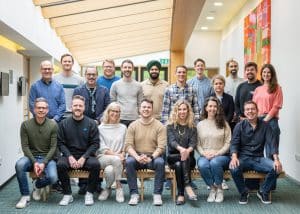The start of the programme asked participants to define what they wanted to achieve and to identify their ambitions for how their time at the Møller Institute would bolster their leadership toolkit for the future. Through a combination of delivery methods in both a physical and virtual setting to account for different learning styles and to generate and capture engagement across the extended leadership team over the duration of the programme. The multifaceted approach to delivery included content-led presentations by expert speakers, facilitated discussions, group exercises, psychometric assessments, individual reflection, and experiential activities.
Programme contributors over the three cohorts included Sarah David, coach and facilitator, and Adam Kingl, a Møller Institute Associate who shared his expertise on workplace culture and leadership paradigms of multigenerational organisations. The author, educator and advisor gave insight into the future of business and the requirement for innovation to adapt to the seismic shift businesses will face in the future.
Smita Elmore, a Møller Institute Associate with nearly two decades of global consultancy and coaching experience, drew on her experience in transformational change within large organisations. Topics covered by Smita included the definition and understanding of power individually and a leader’s influence within a system. Smita led discursive sessions that explored perceptions of personal influence and leadership, balanced with group activities experiencing power in action.
Other themes included followership, led by Langley Sharp OBE, a Møller Institute Associate and former Head of the Centre for Army Leadership, and collaboration, which was explored by Portia Hickey, Møller Institute Associate, through a psychometric tool.
